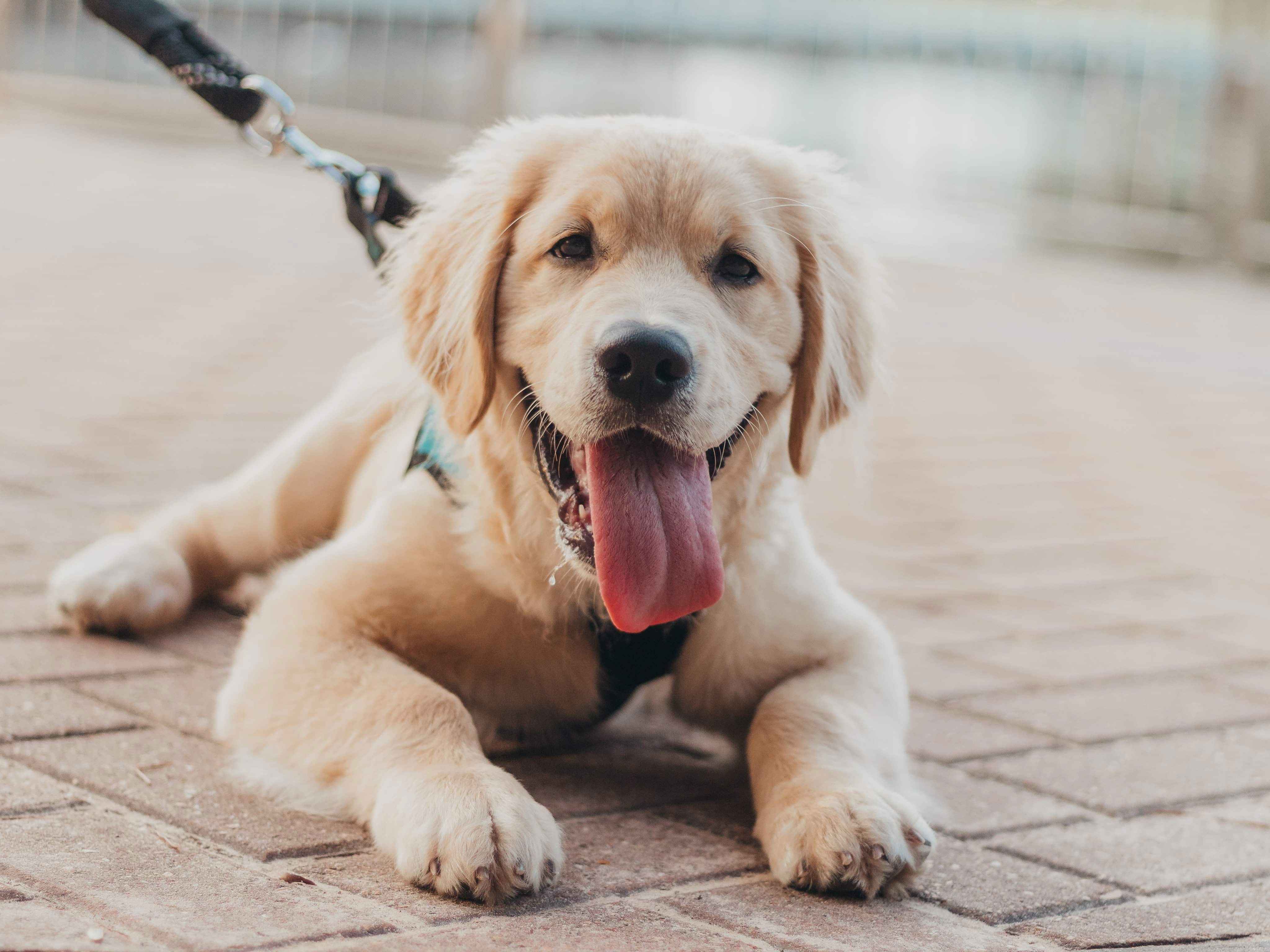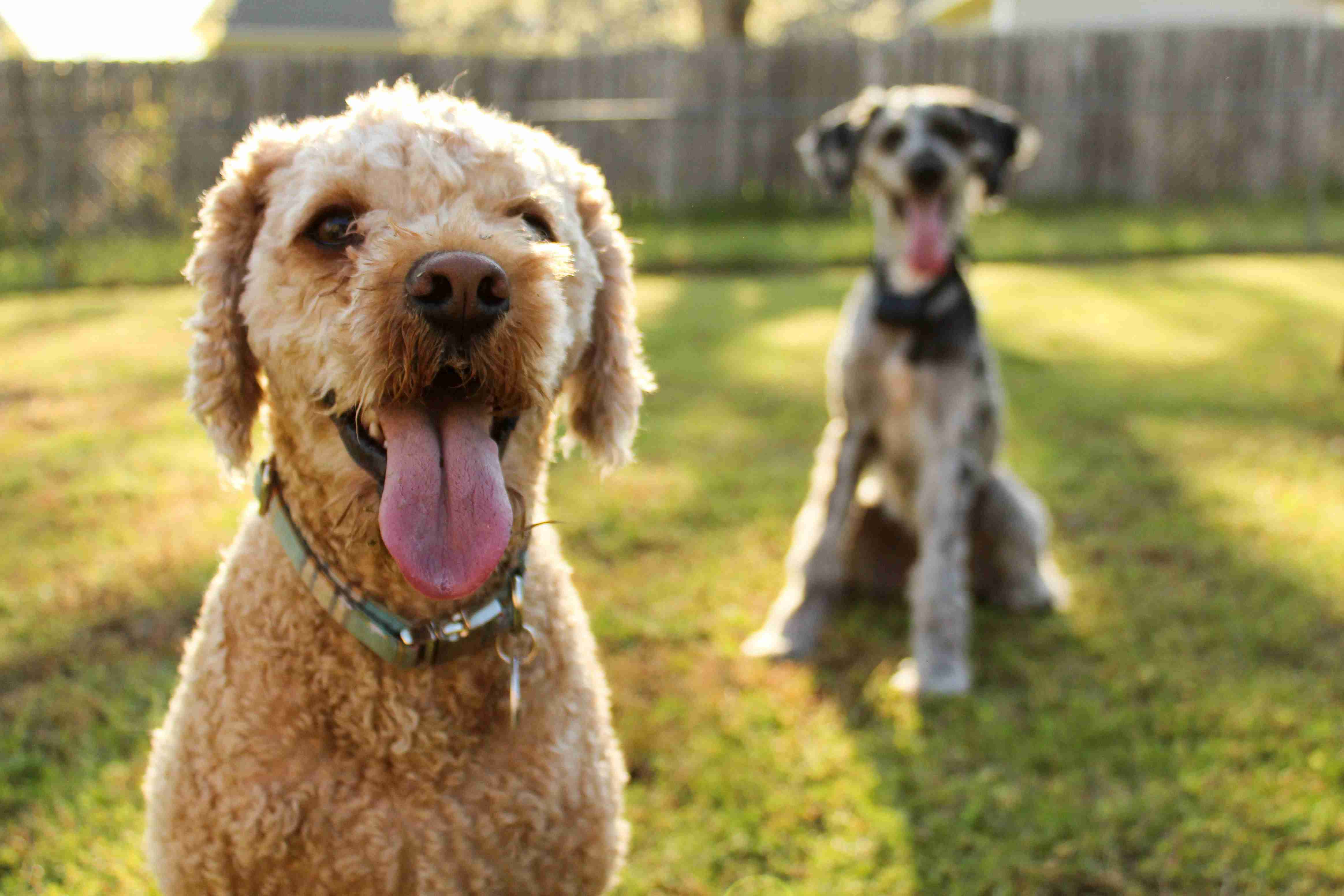If you’re a proud owner of a German Shepherd, you probably know that these dogs are large, intelligent, and loyal companions. They’re also known for their robust health and longevity, which is why it can be concerning when you notice your furry friend having digestive issues or other health problems. One potential cause of these symptoms could be a food intolerance. In this blog post, we’ll be discussing whether or not German Shepherds can suffer from food intolerances and what you can do to help your furry friend feel better. So, let’s dive in and uncover the truth!
Uncovering the Truth: Do German Shepherds Have Food Intolerances?
German Shepherds are known for being strong, active, and healthy dogs. However, just like any other breed, they are not immune to health issues. One of the most common problems that German Shepherds face is food intolerances. In this blog post, we will discuss everything you need to know about German Shepherds and food intolerances.
What are Food Intolerances?
Before we dive into the topic of food intolerances in German Shepherds, let’s first understand what it means. A food intolerance is a digestive problem that occurs when a dog’s body cannot properly digest a particular food. Unlike a food allergy, which is an immune system reaction, food intolerances affect the digestive system.
Food intolerances in dogs can cause a range of symptoms, including vomiting, diarrhea, gas, bloating, and stomach pain. These symptoms can be mild or severe, and they can occur right after a dog eats or several hours later.
Can German Shepherds Have Food Intolerances?
The short answer is yes, German Shepherds can have food intolerances. In fact, they are one of the breeds that are more prone to this problem. German Shepherds have sensitive stomachs, and they are more likely to develop food intolerances than other breeds.
Some of the most common foods that can trigger intolerances in German Shepherds include beef, dairy, wheat, and soy. However, every dog is different, and what triggers an intolerance in one dog may not affect another.
Symptoms of Food Intolerances in German Shepherds
As mentioned earlier, food intolerances can cause a range of symptoms in dogs. Here are some of the most common symptoms of food intolerances in German Shepherds:
.jpg)
– Vomiting
– Diarrhea
– Gas
– Bloating
– Stomach pain
– Itching and scratching
– Ear infections
– Skin rashes
If you notice any of these symptoms in your German Shepherd, it’s crucial to take them to the vet as soon as possible. Your vet will perform a physical exam and may recommend some diagnostic tests to determine the cause of the symptoms.
How to Treat Food Intolerances in German Shepherds
The best way to treat food intolerances in German Shepherds is to eliminate the foods that are causing the problem. This can be done by putting your dog on a special diet that excludes the trigger foods. Your vet may recommend a prescription diet or a homemade diet that is tailored to your dog’s needs.
In some cases, your vet may also prescribe medication to help manage the symptoms of food intolerances. This can include anti-inflammatory drugs or antibiotics, depending on the severity of the symptoms.
Preventing Food Intolerances in German Shepherds
Preventing food intolerances in German Shepherds is not always possible, but there are some things you can do to reduce the risk. Here are some tips:
– Avoid feeding your dog table scraps or human food.
– Stick to high-quality dog food that is free from fillers and artificial ingredients.
– Introduce new foods slowly and in small amounts.
– Monitor your dog’s reaction to new foods carefully.
– Consult with your vet before making any significant changes to your dog’s diet.
Conclusion
Overall, German Shepherds can suffer from food intolerances, and it’s essential to be aware of the symptoms and treatment options. If you notice any of the symptoms mentioned in this post, take your dog to the vet right away. By following the tips mentioned above, you can help prevent food intolerances in your German Shepherd and keep them healthy and happy for years to come.
In conclusion, the answer to the question of whether German Shepherds can suffer from food intolerances is a resounding yes. As with any animal, it’s essential to monitor your German Shepherd’s diet carefully and pay attention to any changes in their behavior or health. If you suspect that your dog may be suffering from a food intolerance, it’s best to consult with your veterinarian immediately. By working together, you can help your furry friend enjoy a long, healthy, and happy life. Remember, your German Shepherd is not just a pet but a beloved member of your family, and it’s up to you to keep them safe and healthy.


.jpg)
%20-%20Copy.jpg)
%20-%20Copy.jpg)



%20-%20Copy.png)